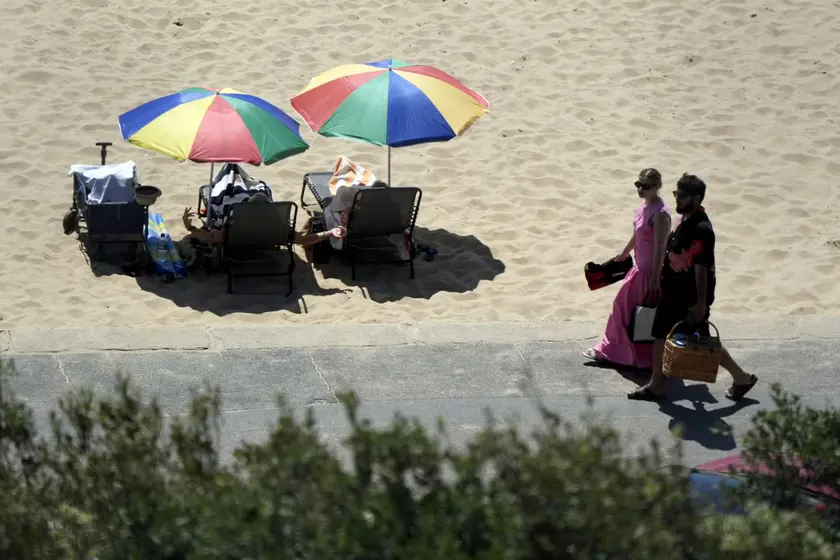T4K3.news
Seattle cools after record heat as Perseids arrive
Record overnight low in Seattle gives way to a cooler week as the Perseids light up the night sky

Seattle faces a cooldown after a heat spike even as stargazers anticipate the Perseids meteor shower.
Seattle cools after record heat as Perseids light up the sky
Seattle endured a heat spike with an overnight low of 69 at Sea-Tac, breaking the 1981 record of 66, according to the National Weather Service. After a Monday high of 87, forecasters warned temperatures could again reach the 90s, and a heat advisory remains in effect through 10 p.m. Tuesday. In the past decade, Seattle has logged more 90-degree days than in the previous two decades combined.
Temperatures should fall by midweek, with Wednesday highs in the mid to upper 70s. The cooldown clears room for stargazers as the Perseids meteor shower returns late Tuesday into Wednesday, offering visibility of dozens of meteors per hour in clear skies. Forecasters say the activity could range from 25 meteors per hour at lower activity to 50 to 100 per hour at peak if skies stay clear. A northward-moving weather system will bring onshore flow and morning stratus, with a chance of rain returning Friday or Saturday, potentially affecting sky visibility.
Key Takeaways
"we'll definitely start to see a cooldown"
Forecast comment from NWS meteorologist Samantha Borth on the cooldown
"the most popular meteor shower of the year"
NASA describing the Perseids
"About 25 meteors per hour will streak across the night sky"
Expected activity for the Perseids
The week shows Seattle’s weather volatility in a manageable frame: heat gives way to a cooler, more comfortable climate and a celestial spectacle. The event underlines how weather patterns can temporarily shape outdoor plans, energy demand, and local routines. It also highlights the value of clear skies for science enthusiasts in urban areas and the need for flexible forecasts as drizzle or clouds can change viewing conditions quickly.
Beyond tonight’s sky show, the forecast invites reflection on climate variability: heat spikes are not isolated incidents, but part of a broader pattern that makes short-term planning essential for residents, utilities, and outdoor events. A calm night for star gazers can still carry a reminder that forecasts matter for the city’s daily life and economy.
Highlights
- we'll definitely start to see a cooldown
- the most popular meteor shower of the year
- about 25 meteors per hour will streak across the night sky
- a clear sky is a canvas for city dwellers looking up
Weather and sky will keep changing, inviting residents to plan for both heat relief and celestial displays.
Enjoyed this? Let your friends know!
Related News

Record muggy heat hits the eastern United States
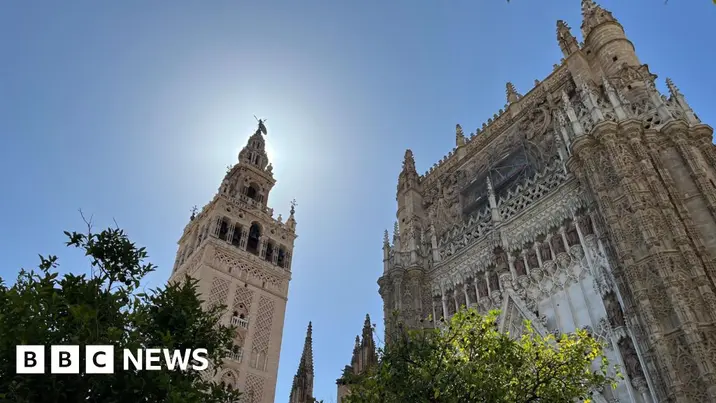
City heat resilience plan

Europe faces record heat waves in 2025
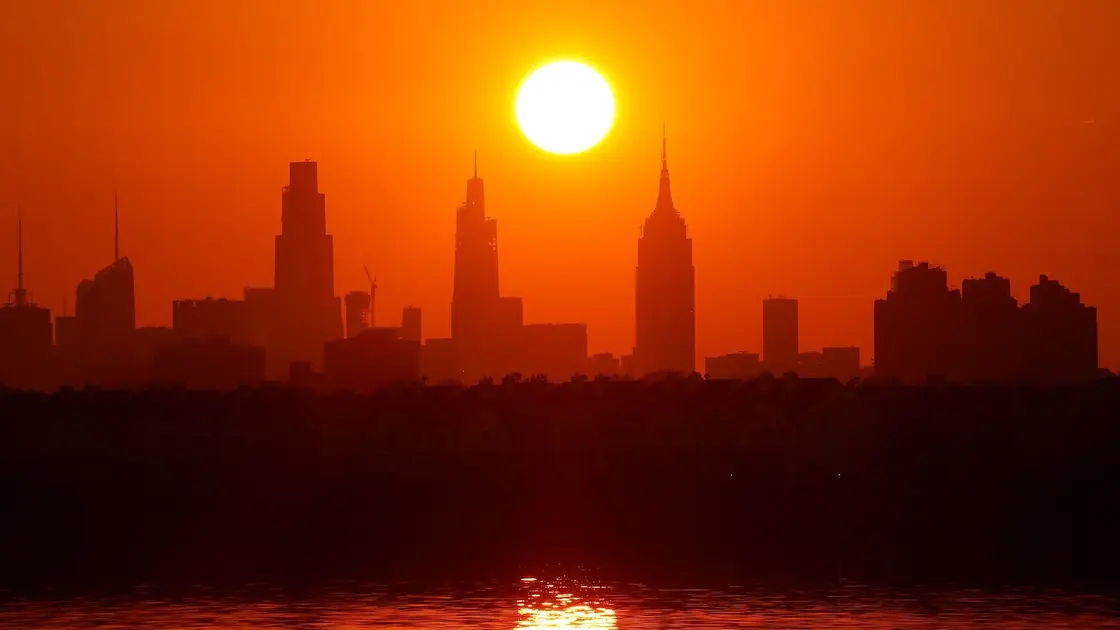
Over 120 million Americans facing extreme heat warnings

New-build homes in the UK suffer from severe overheating
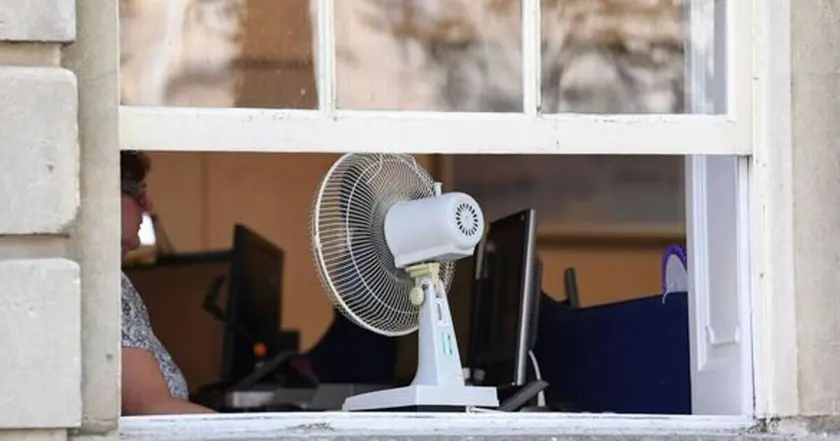
Heat guidance update
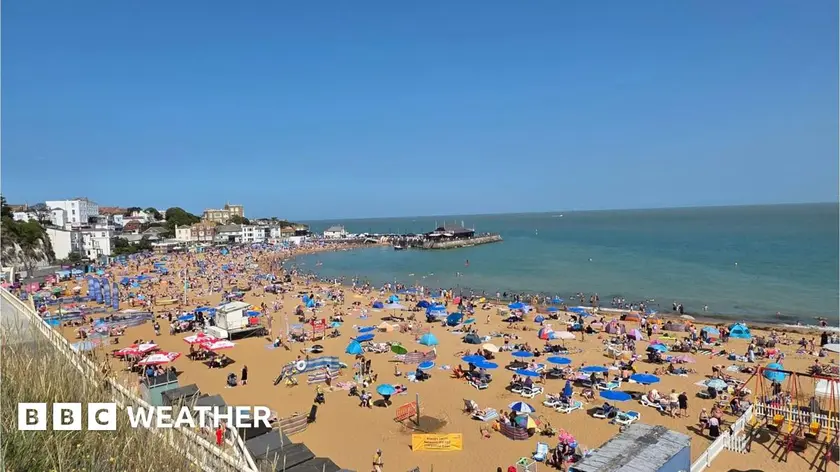
Heat alert updates

Tottenham starts season under Frank after Gibbs White near miss
